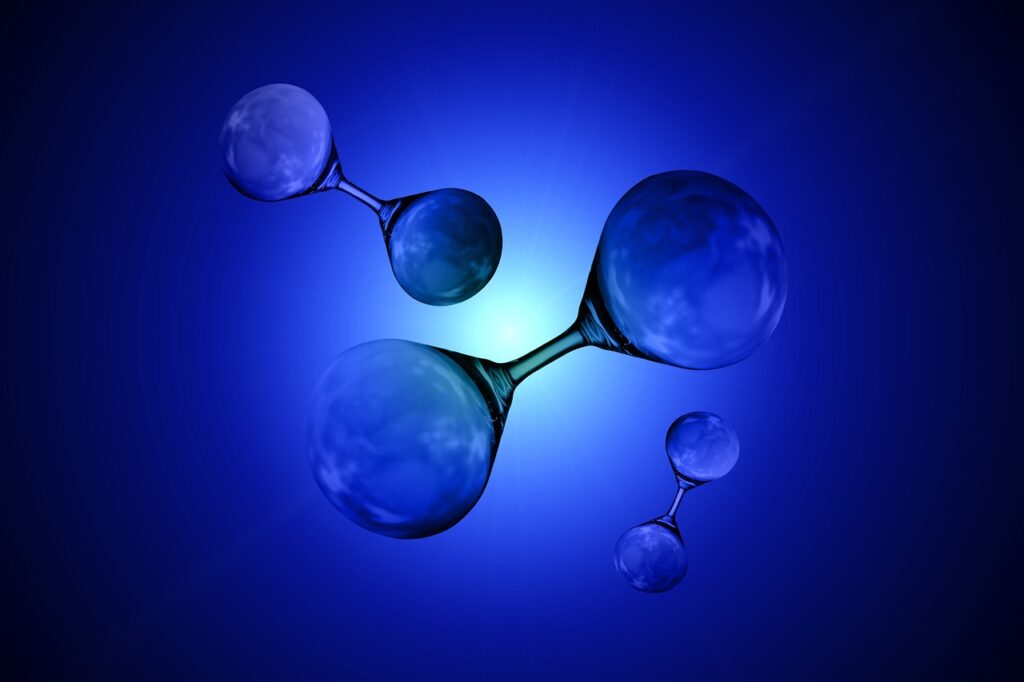Sparc Technologies Limited, through its joint venture Sparc Hydrogen with the University of Adelaide and Fortescue, has made significant strides in de-risking the development of a pilot green hydrogen plant.
Sparc Hydrogen’s partnership with Shinshu University, a leading developer of photocatalyst materials, is a cornerstone of the project’s advancement. This collaboration aims to leverage Shinshu’s expertise in photocatalytic water splitting (PWS) to enhance the efficiency of Sparc Hydrogen’s reactors. The University of Adelaide has also provided in-principle support to host the pilot plant at its Roseworthy Campus, approximately 50km north of Adelaide, South Australia.
The project’s pilot scale reactor design has progressed significantly, integrating with a linear Fresnel concentrated solar field. These milestones, combined with successful prototyping at the CSIRO Energy Centre, represent substantial progress towards the pilot plant’s realization.
In the burgeoning hydrogen energy sector, Sparc Hydrogen’s initiatives must be viewed against global benchmarks. Companies like Siemens and Cummins have also been developing advanced hydrogen technologies, setting high industry standards. Sparc Hydrogen’s emphasis on photocatalytic water splitting distinguishes its approach from more conventional electrolysis methods, potentially offering higher efficiency and lower costs.
The collaboration with Shinshu University brings cutting-edge photocatalytic expertise into the mix, which could position Sparc Hydrogen ahead of competitors in terms of innovation. However, the scalability and real-world application of these technologies remain critical hurdles.
The Phoenix project, backed by the German government, underscores a strategic shift towards hydrogen-based energy solutions. For Sparc Hydrogen, the project aligns with broader industry trends towards decentralization and renewable integration. The Roseworthy Campus, with its extensive infrastructure and proximity to key stakeholders, provides an ideal location for this innovative pilot plant.
The involvement of Shinshu University, known for its role in Japan’s ARPChem project, which demonstrated the feasibility of hydrogen production through photocatalytic water splitting, adds significant weight to Sparc Hydrogen’s endeavors. This collaboration could accelerate the development of commercial-scale green hydrogen production, positioning Australia as a leader in the hydrogen economy.
